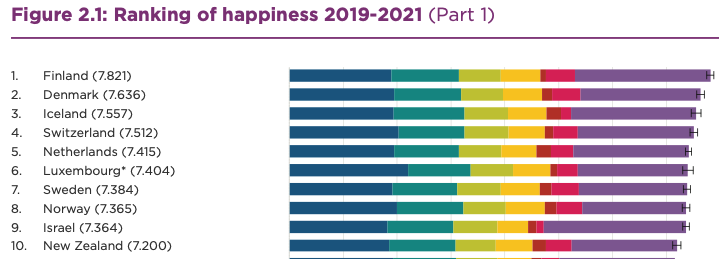Lots of people don’t watch TV|
Lots of people do. . .
Lots of people don’t watch
THIS IS US
Lots of people DO. . .
Some 4.97 Million watched this past Tuesday night
THE NEXT TO THE LAST SHOW
that had lots of
YOU-BETTER-GRAB-A-TOWEL
m o m e n t s
as we watched the matriarch, Rebecca Pearson
literally actively die in front of us
and what lots of hospice folks
COMPANION
(HOLD SPACE)
as a patient dies
and what they may be actually
(visioning)
feeling/seeing/sensing/experiencing
as they slip from this world
to the Great Whatever
lies beyond a last breath here
and a first breath
T H E R E
Nearly twenty-eight years of being a hospice chaplain has put me beside a lot of death beds of where I have companioned the dying and their loved ones. I applaud the writers and the actors for pulling back the curtain and giving us a fairly realistic look at what THAT moment looks like. . .a moment each one or us will experience, without all of the lights, cameras, action settings but in a more real, intimate, personal way because all of the evidence-based data shares the irrefutable:
ONE OUT OF ONE OF US DIES
And here’s where This Is Us Season 6, Episode 17 from this past Tuesday picks up. After a long battle with Alzheimer’s, Rebecca (Mandy Moore) passed, and the way her family told her goodbye was beautiful. Viewers were taken inside Rebecca’s psyche (literally) as she approached death. For her, this manifested in the form of a moving train. Rebecca was young on the train, and the passengers were people in her life, past and present. Meanwhile, in real life, as Rebecca’s family said their final goodbyes, they appeared on the train. And the person leading her through this experience (a.k.a the conductor on the train) was William (Ron Cephas Jones).
At the end of the episode, after the family members have said their last words to Rebecca, she reaches the train’s caboose. “This is quite sad, isn’t it?” she asks William. “The end?”
To this, William gives a beautiful, stunning speech to Rebecca. These are the last words she hears before going into the caboose (before she passes away). Read them in full, below:
“The way I see it, if something makes you sad when it ends, it must have been pretty wonderful when it was happening. Truth be told, I always felt it a bit lazy to just think of the world as sad, because so much of it is. Because everything ends. Everything dies. But if you step back, if you step back and look at the whole picture, if you’re brave enough to allow yourself the gift of a really wide perspective, if you do that, you’ll see that the end is not sad, Rebecca. It’s just the start of the next incredibly beautiful thing.”
With this, Rebecca hugs William and goes into the caboose, where a bed is waiting for. She lies down, and next to her is Jack (Milo Ventimiglia), reuniting the couple after decades of separation.
William’s speech epitomizes that moment—and it epitomizes This Is Us in general. If the show has taught us anything, it’s that nothing is forever. Any sadness or loss we saw the Pearsons experience in the present was always followed by a flash-forward, where we saw them happy, thriving, and doing just fine. Each storyline has shown us that no chapter is forever—the good ones end, and so do the bad ones. Life keeps moving, and we move with it. It’s a comforting message for anyone experiencing a hard time. Chapters always, always come to a close. The great poet Robert Frost once said, “ALL I KNOW ABOUT LIFE CAN BE SUMMED UP IN THREE WORDS: IT GOES ON!
It’s something Chris Sullivan (Toby) told NBC Insider when talking about the legacy of This Is Us. “From the first episode, they show you tragedy and pain, but they also shoot you into the future and show you, ‘Oh, this family’s OK,'” he said. “We jump back and forth and see, ‘Oh my gosh, this father died in a fire.’ Then, we jump forward and see, ‘Oh, this family’s OK.’ Tragedy and joy are held in both hands…Everything cycles around.”
Yes, it does. The series finale of This Is Us airs Tuesday, May 24 at 9 p.m. ET on NBC.
Hey. . .it’s just TV, right. . .
YUP. Yeah, it is. . .until it isn’t
THIS IS US
ALL OF US
“If something makes you sad when it ends, it must have been pretty wonderful when it was happening”… and with that, one last car. The caboose.
This Is Us
(Now about THAT towel)






















